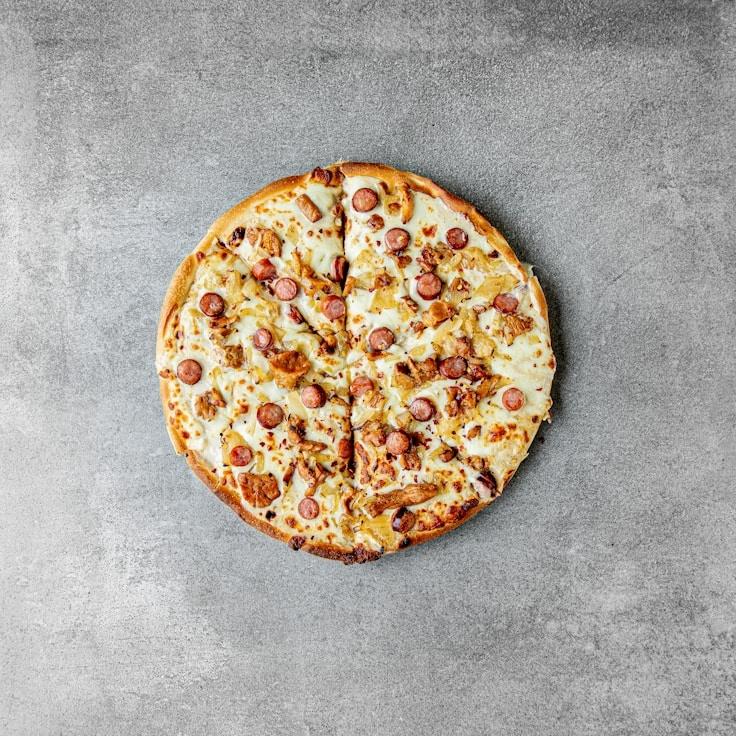At ModernMarketPlace, our ethos is that the key to an unparalleled pizza lies in the quality of the dough. With over 30 years dedicated to refining our recipe, we're thrilled to impart key insights to aid you in making professional-grade pizza dough in your kitchen. Our precise formula remains a cherished secret, but these guidelines will elevate your homemade dough.
Choosing the Right Flour
The cornerstone of impressive pizza dough is premium flour. 00 flour, a finely milled flour from Italy, known for its moderate protein content, is our top pick as it forges an ideal mix of resilience and delicacy in the dough. Should 00 flour be elusive, a decent alternative is bread flour, which may slightly alter the consistency.
The Role of Water Temperature and Dough Hydration
Your water's temperature is a pivotal factor in timing fermentation and fostering dough maturity. For lengthened fermentation that enhances taste, opt for water at a cool 45°F (7°C). Warmer water around 85°F (29°C) will speed up the process. Aim for a hydration rate, signifying the water to flour ratio, of 60-70%, suitable for the average domestic oven.
Yeast Usage and Fermentation Duration
To achieve a dough rich in flavor, it's critical to utilize a minimal amount of yeast coupled with an extended fermentation period. With just 0.2% fresh yeast of the flour's weight, we allow our dough to ferment over 24-48 hours, leading to complex flavors and a more digestible dough.
Salt's Functional Role
Salt is more than a seasoning—it fortifies the gluten network and modulates fermentation. For best results, incorporate fine sea salt at a rate of 2.5-3% based on your flour's weight, ensuring to blend it once the flour and water are partially combined, to avert direct yeast contact.
Mastering Fermentation
Post-mixing, let your dough undergo a bulk fermentation at room temperature for a couple of hours, then apportion it into separate dough balls. Confine these into lidded containers and refrigerate for a span of 24-72 hours. It's during this refrigerated fermentation that the enzymatic breakdown of starches into sugars transpires, enhancing flavor and achieving a trademark crust browning.
Dough Handling
When it's pizza creation time, take the dough out of the fridge 1-2 hours before you start baking to bring it to room temperature. Handling the dough tenderly is essential to maintain the air bubbles that have formed. Rather than rolling, utilize your fingertips to press and shape the dough, thereby conserving the air pockets.
Critical Heat Application
Although our wood-fired ovens can reach an impressive 850°F (454°C), most home ovens top out at 550°F (288°C). To make up for this, preheat a pizza stone or steel for at least one hour. This will ensure the base gets enough intense heat for a perfectly crispy crust and a fluffy interior.
The craft of perfecting pizza dough is an ongoing process, with each attempt providing new insights. Keep track of your adjustments and over time figure out the best method for your kitchen's conditions.
Eager to observe dough crafting firsthand? Join us at our monthly pizza workshops led by Chef Julian, where he demonstrates these techniques meticulously. Visit our events calendar for upcoming dates!

